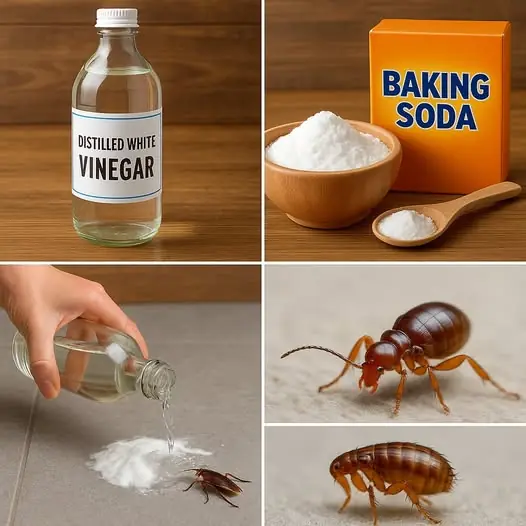
Why You Should Never Boil Eggs Directly in Water – Chef’s Secret Revealed! | Barbara O’Neill Inspired
🥚 Are You Making This Egg-Cooking Mistake?
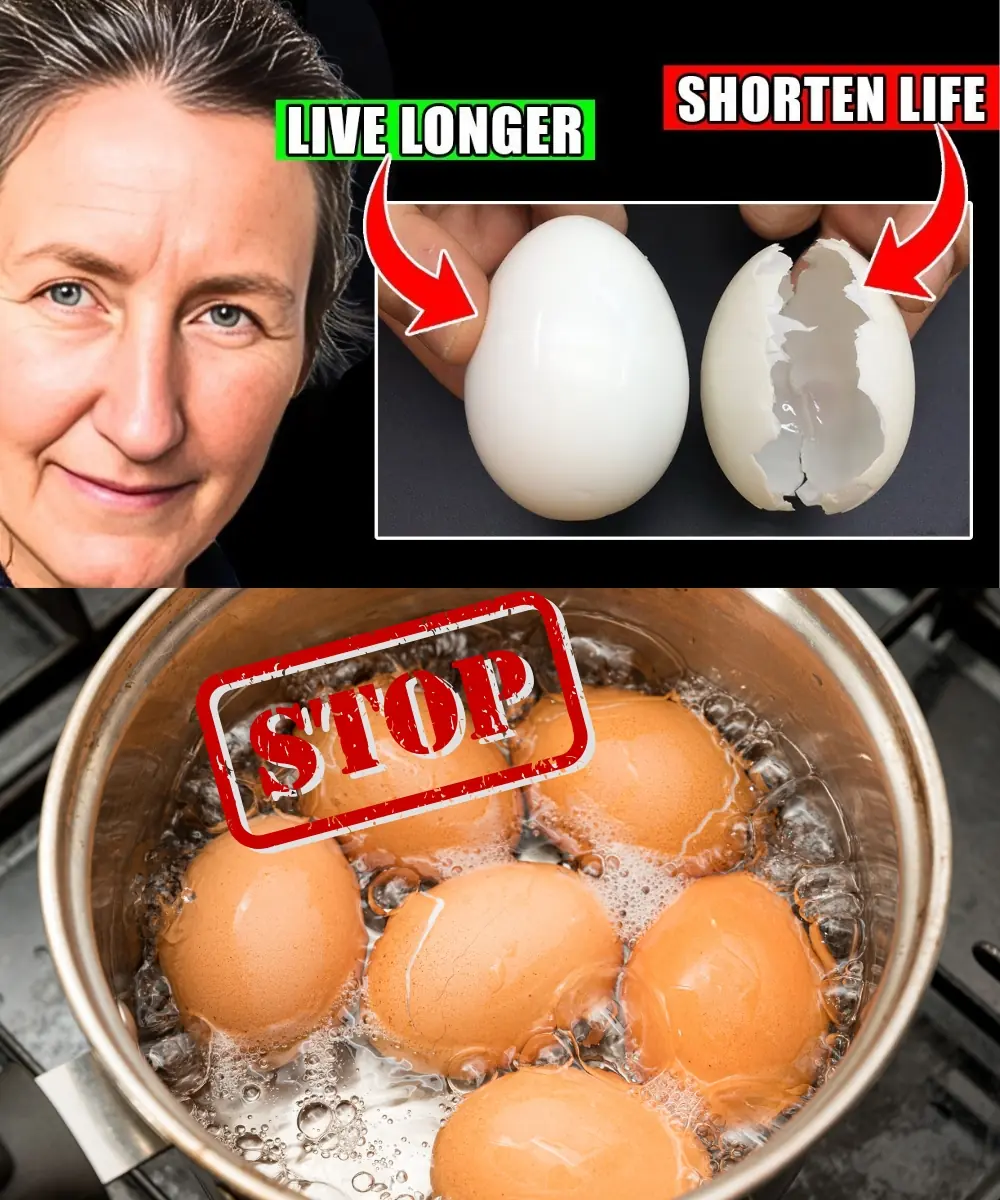
Boiling eggs is one of the simplest things in the kitchen — or is it? According to natural health educator Barbara O’Neill and many culinary experts, boiling eggs directly in water may not be the healthiest or most effective method. You might be compromising both nutrition and texture without even realizing it.
So what’s the problem with this everyday habit? And what’s the better, chef-approved method that preserves nutrients, protects the shell, and enhances flavor?
Let’s break the shell on this surprising kitchen tip.
⚠️ The Problem with Boiling Eggs Directly in Water
While it seems harmless, boiling eggs in plain water can actually lead to a few issues:
1. Shell Cracking
Rapid heat transfer and bouncing eggs in boiling water often cause the shell to crack — leading to leaky whites and an unappetizing mess.
2. Nutrient Loss
Some nutrients (especially sulfur compounds and trace minerals) in the egg can react with water impurities or escape into the water through microscopic cracks, reducing the egg’s overall nutritional benefit.
3. Rubbery Texture
High-heat boiling often overcooks the outer white while leaving the yolk underdone or crumbly — especially if timing isn’t precise.
✅ Barbara O’Neill advocates gentler cooking methods that protect natural nutrients and reduce harsh heat damage — a principle that also applies beautifully to eggs.
👨🍳 The Chef’s Secret: Steam, Don’t Boil
Professional chefs and health experts now agree:
“Steaming eggs is the best way to cook them to perfection — inside and out.”
Why steaming works:
-
Even heat distribution prevents cracking.
-
Easier to peel thanks to steam loosening the membrane inside the shell.
-
Creamier texture — whites stay soft, yolks stay rich and golden.
-
Preserves more nutrients than direct boiling.
🥣 How to Steam Eggs (Chef + Health Expert Approved)
✅ What You’ll Need:
-
A pot with a lid
-
A steaming rack or basket
-
Fresh eggs
-
Water (about 1 inch in the pot)
🔥 Instructions:
-
Bring 1 inch of water to a gentle boil in a covered pot.
-
Place eggs on the steaming rack above the water line.
-
Cover and steam:
-
Soft-boiled: 6–7 minutes
-
Medium-boiled: 9–10 minutes
-
Hard-boiled: 12–13 minutes
-
-
Transfer to an ice bath for 5 minutes to stop cooking and make peeling easy.
Bonus: No more gray ring around the yolk — a common issue from over-boiling!
🌿 Barbara O’Neill’s Perspective on Gentle Cooking
Barbara O’Neill emphasizes low-heat, nutrient-preserving cooking methods
for better digestion, vitality, and cellular health. Steaming eggs aligns with her belief in honoring the natural structure of food — avoiding excessive heat or processing that damages enzymes and minerals.She often recommends soft to medium eggs for optimal protein bioavailability and digestive comfort.
🚫 Say Goodbye to Watery, Cracked Eggs
So, next time you reach for that pot of water — pause. Instead of boiling your eggs to death, steam them to life.
Not only will your eggs taste better, they’ll support your health more effectively, just as Barbara O’Neill teaches:
“Food should nourish, not just fill.”
News in the same category


How To Properly Dispose of Ticks
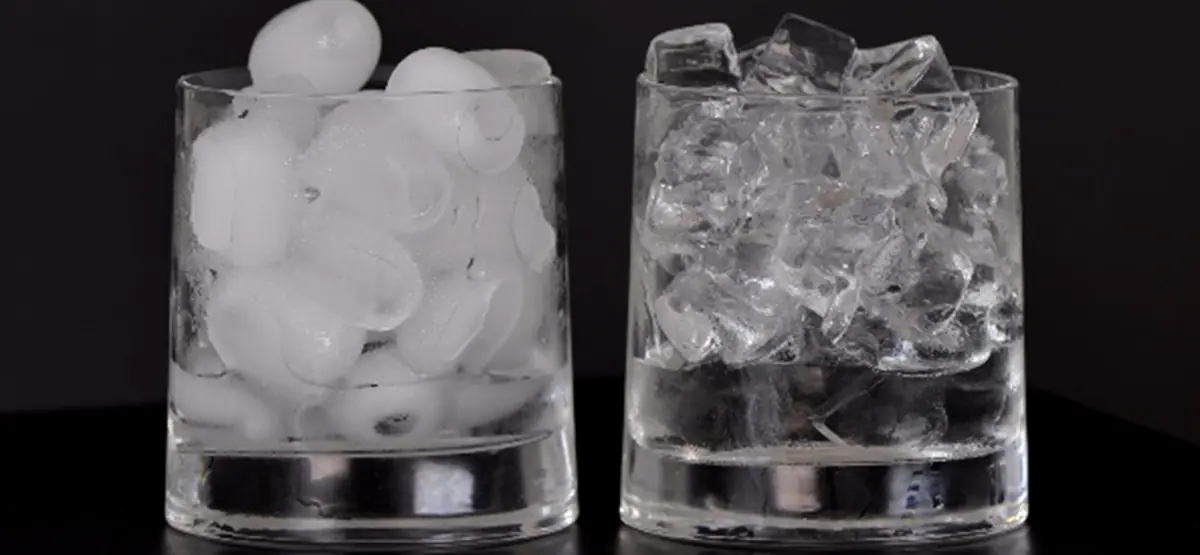
Clear vs. Cloudy Ice: Why It Happens and How to Make Crystal-Clear Ice at Home
20 Household Cleaning Products You Should Never Mix Together

A month before a stroke, your body warns you: 10 signs not to ignore

Natural Remedy to Get Rid of Rats & Mice in Your Home
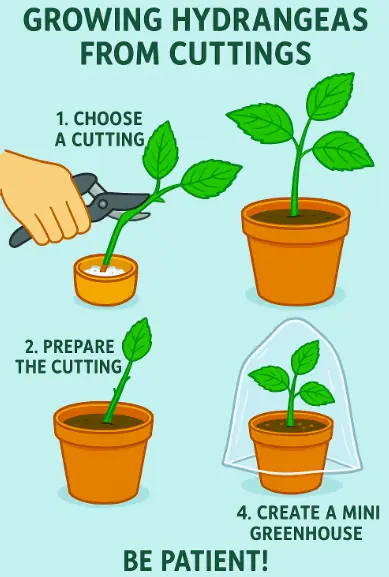
How to Grow Hydrangeas from Cuttings: A Step-by-Step Guide

Natural Pest Repellent: Keep Your Home and Garden Safe Without Harsh Chemicals

9 Brilliant Ways to Clean Using Everyday Household Items

Why keeping a lemon in your bedroom is a great idea

CLEVER CAMPING HACK: HOW TO STOP THIEVES FROM STEALING YOUR EXTENSION CORDS
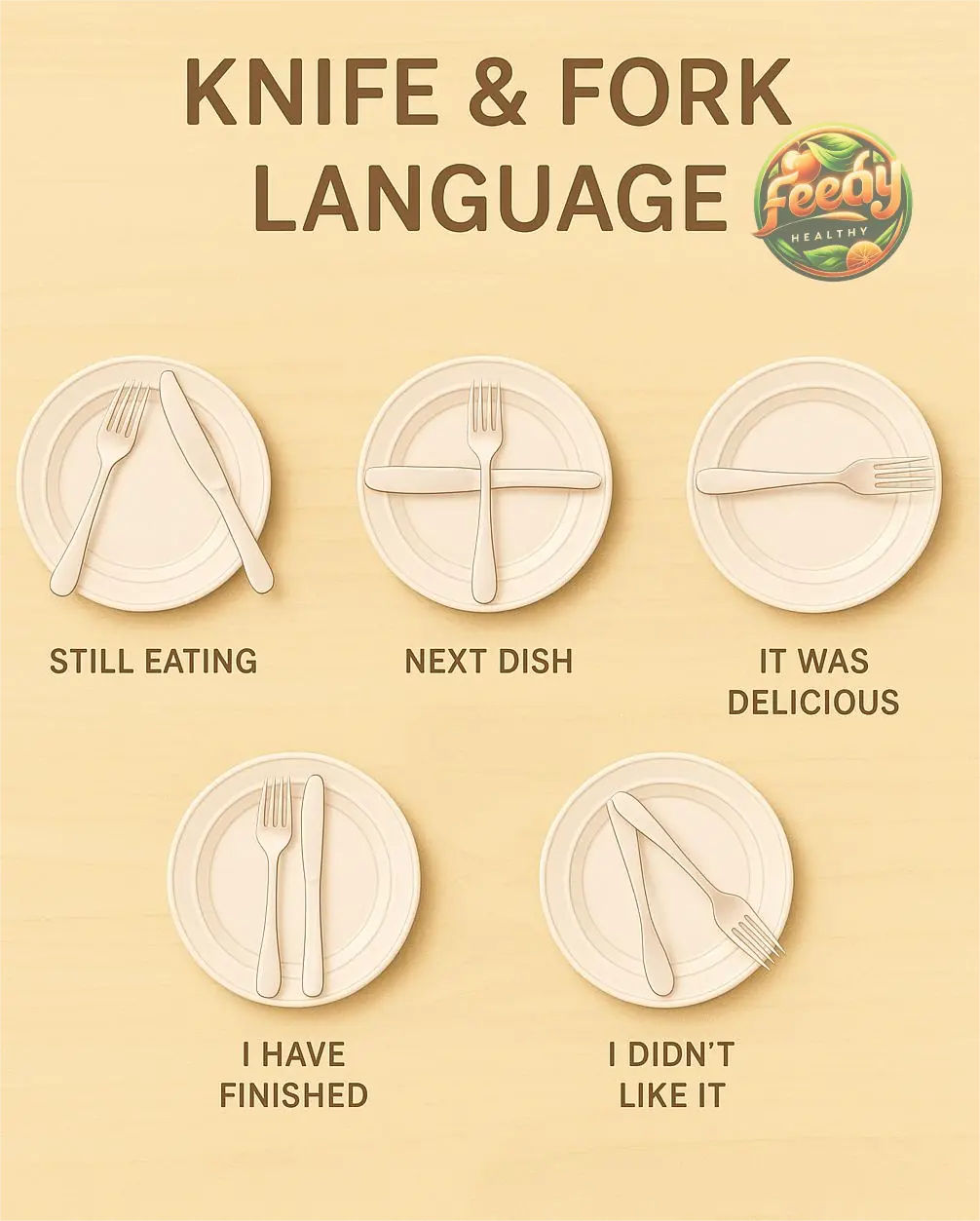
What are the origins of knife and fork language etiquette?

Garlic method to combat household pests

“My Nana Swears by This Trick!” – A Natural Way to Keep Mosquitoes Away
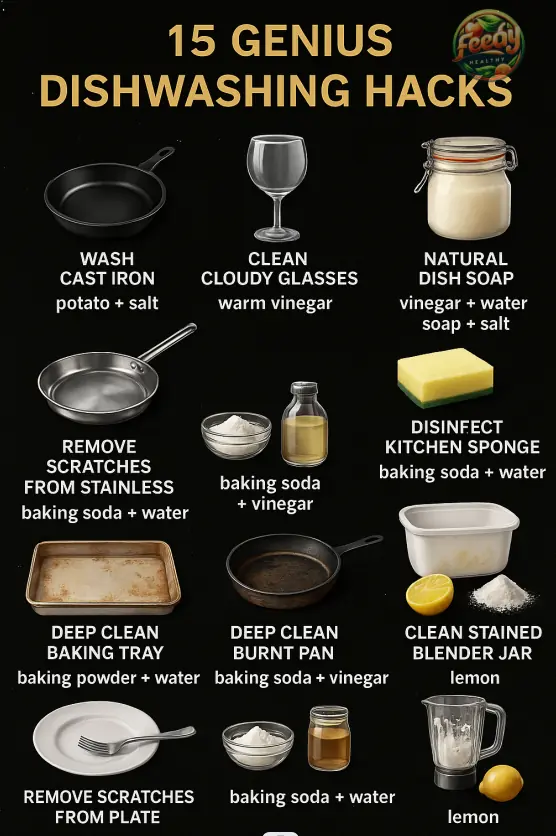
15 Genius Dishwashing Hacks for a Sparkling Kitchen
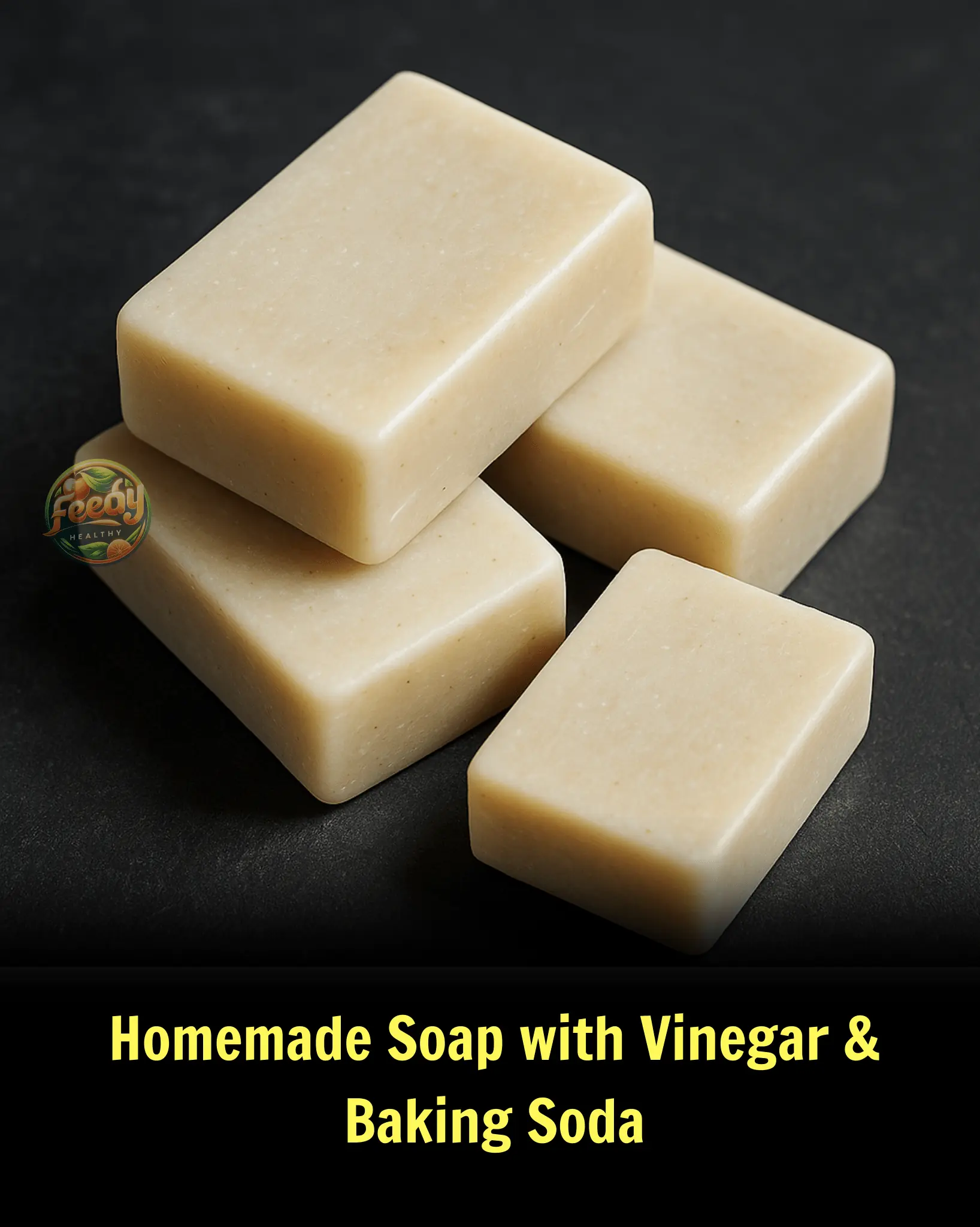
🧼 Homemade Soap with Vinegar & Baking Soda
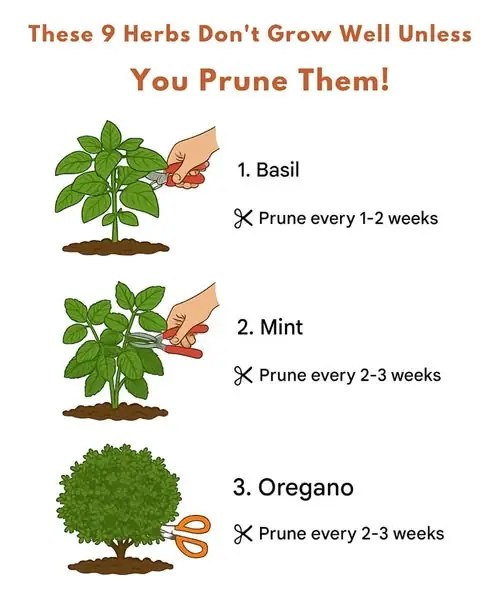
Keep Your Herbs Thriving: 9 Essential Herbs That Grow Better When Regularly Trimmed
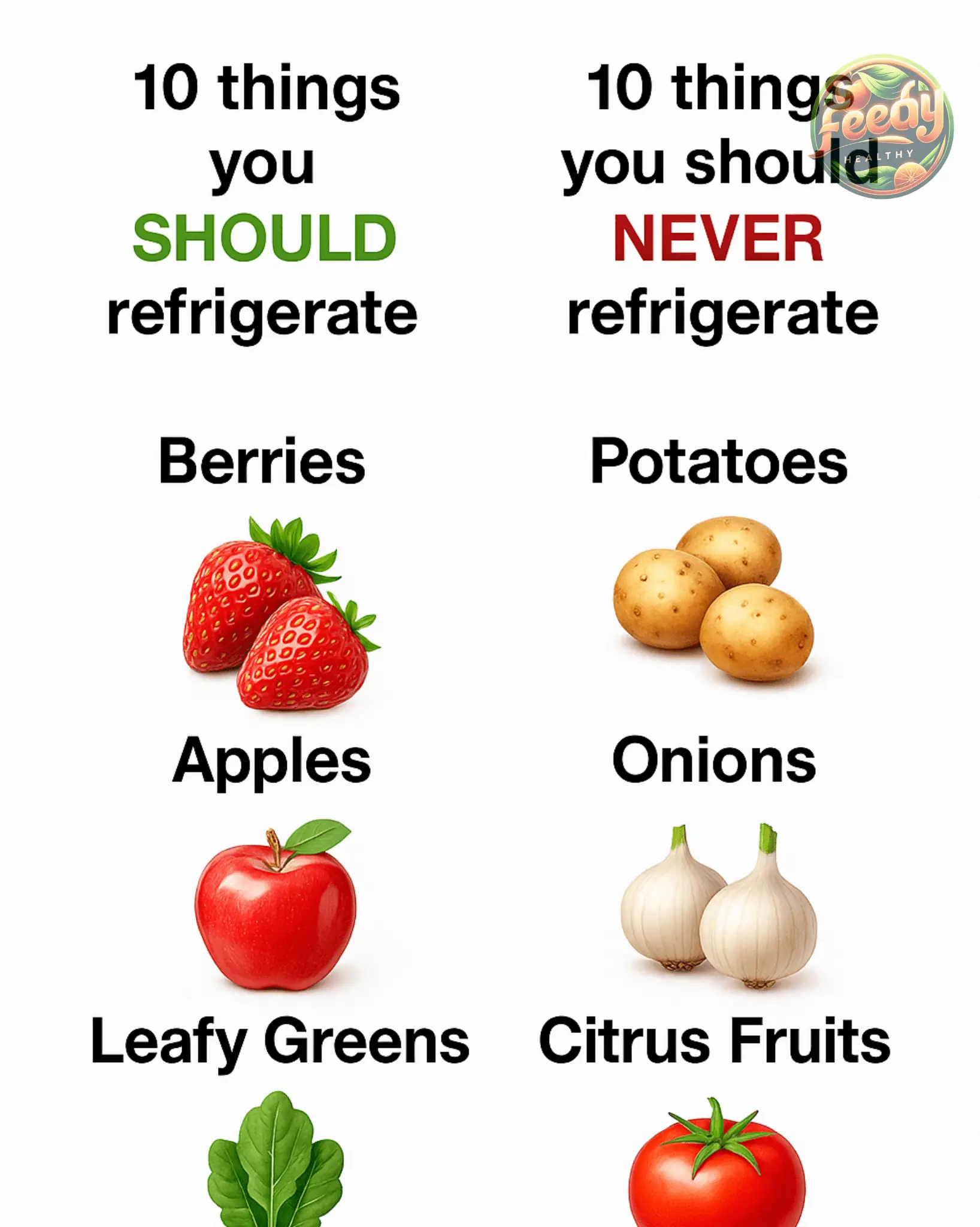
10 things to always refrigerate & 10 things to never refrigerate
News Post

🍍 Mini Pineapple Upside Down Cheesecakes
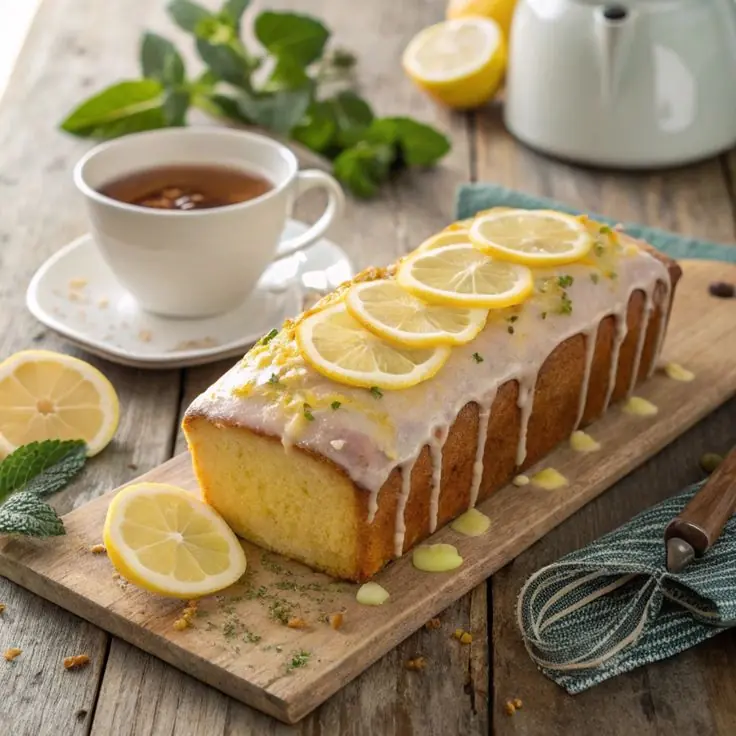
🍋 Lemon Yogurt Cake (No White Flour)
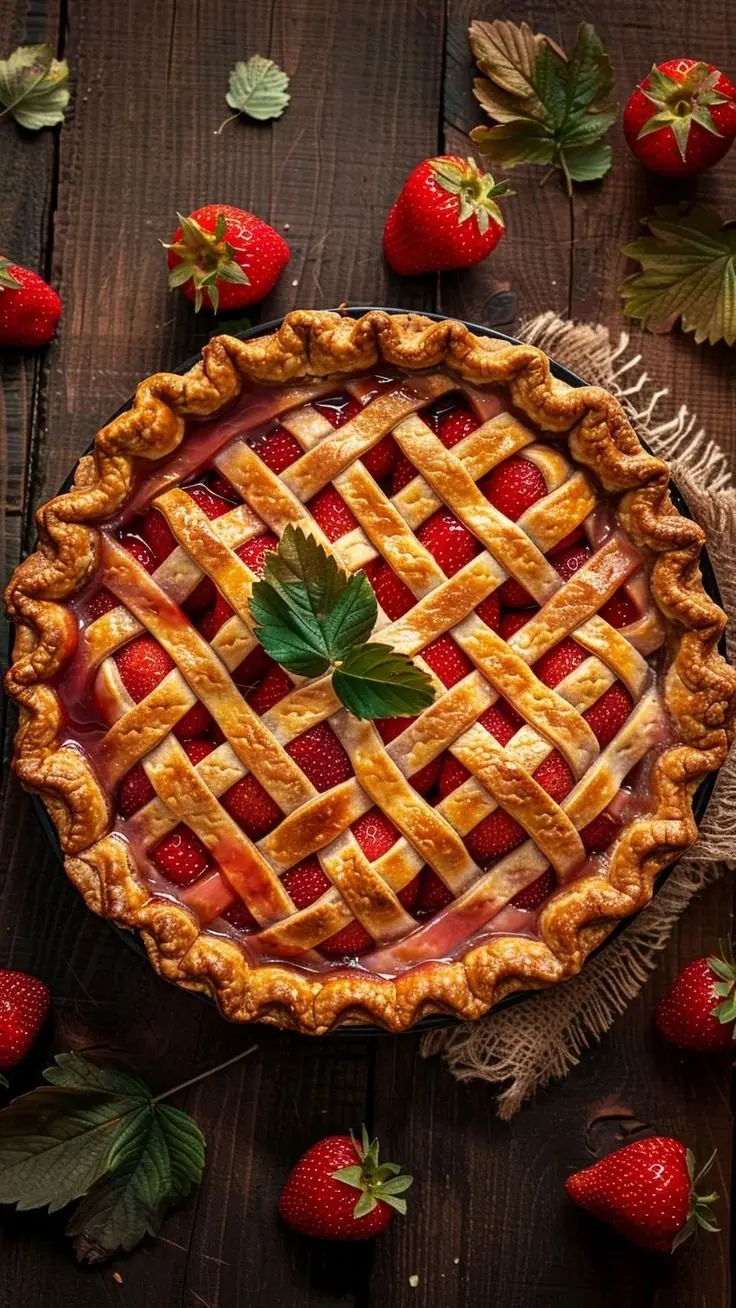
🍓 Strawberry Slab Pie
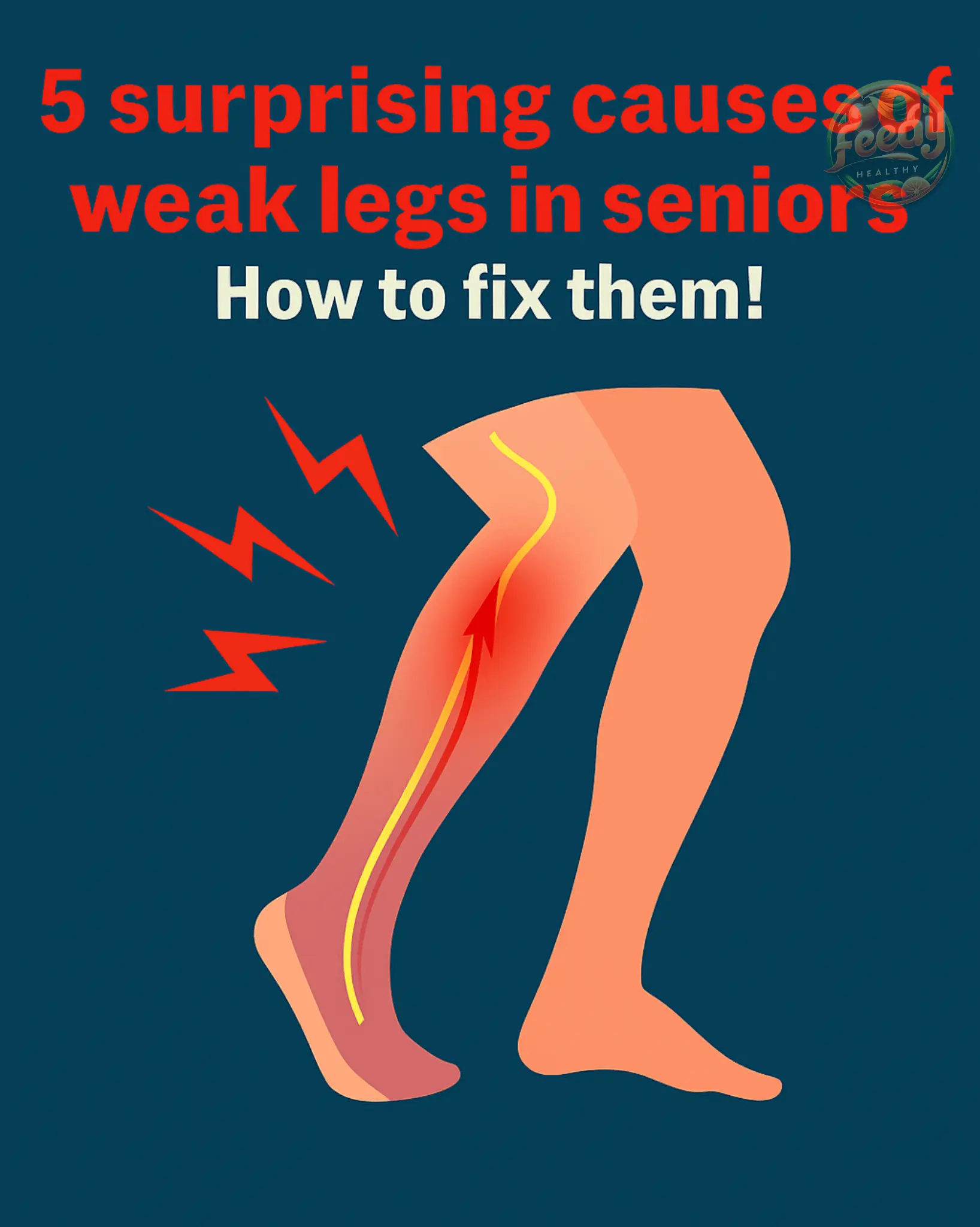
5 Surprising Causes of Weak Legs in Seniors — And How to Fix Them

Itching in 9 Areas: A Warning Sign of Malignant Tumors, Number 7 Is the Most Common

This Military Sleep Method Helps You Fall Asleep In Less Than Two Minutes
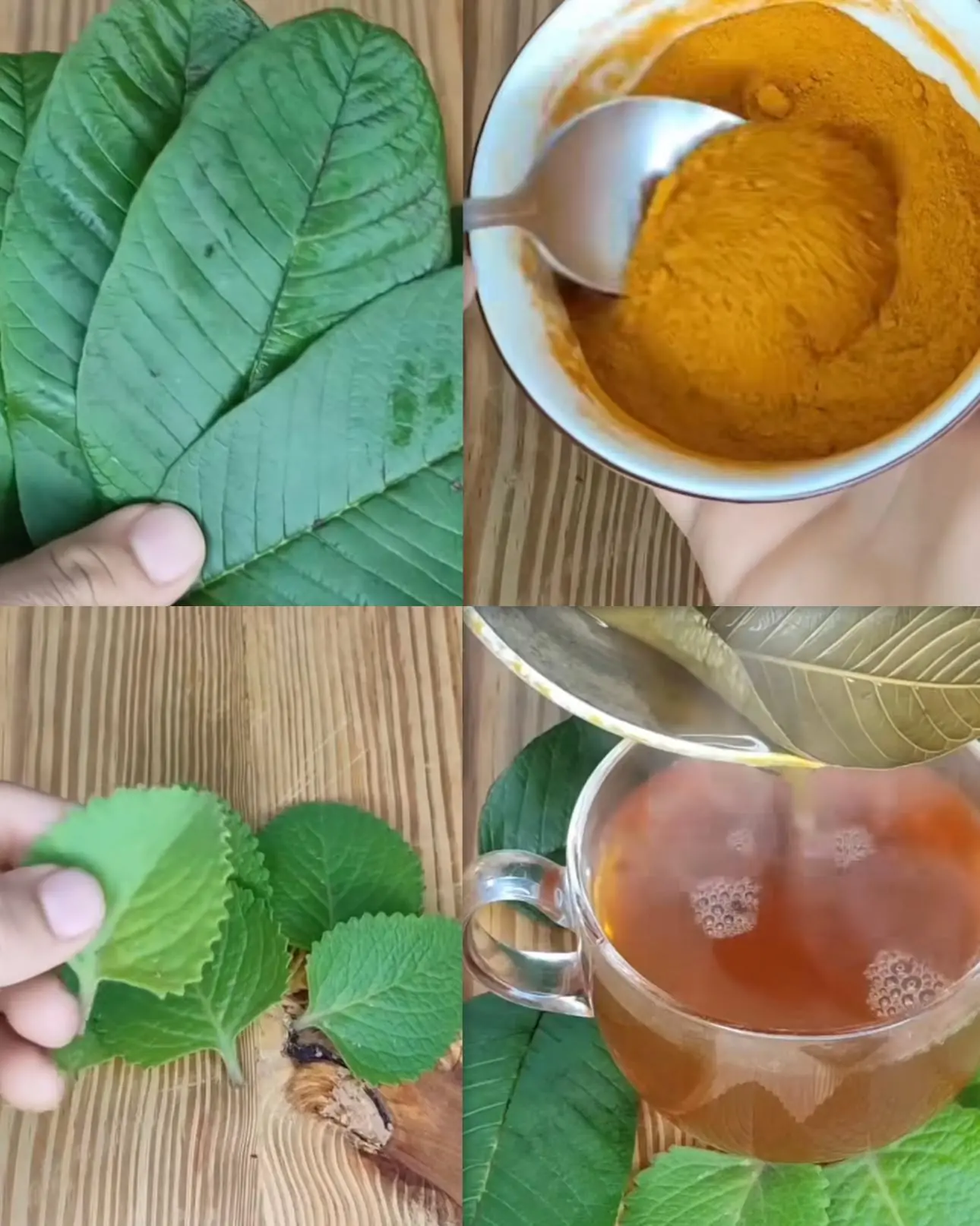
Drink This Natural Remedy on an Empty Stomach — Support Blood Sugar, Blood Pressure, Circulation, and More
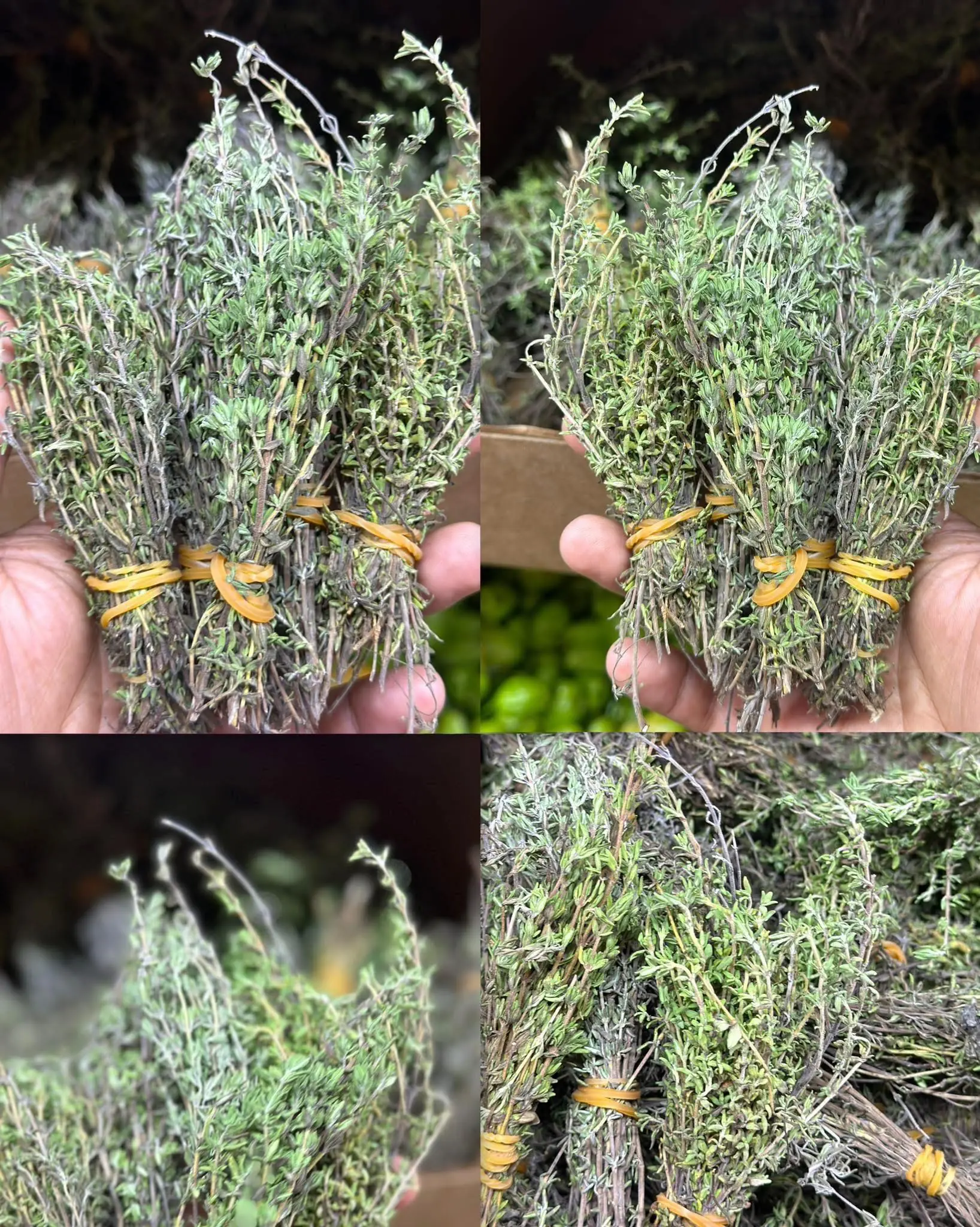
THE MOST POWERFUL HERB: THYME

BENEFITS OF DRINKING WARM WATER WITH LEMON
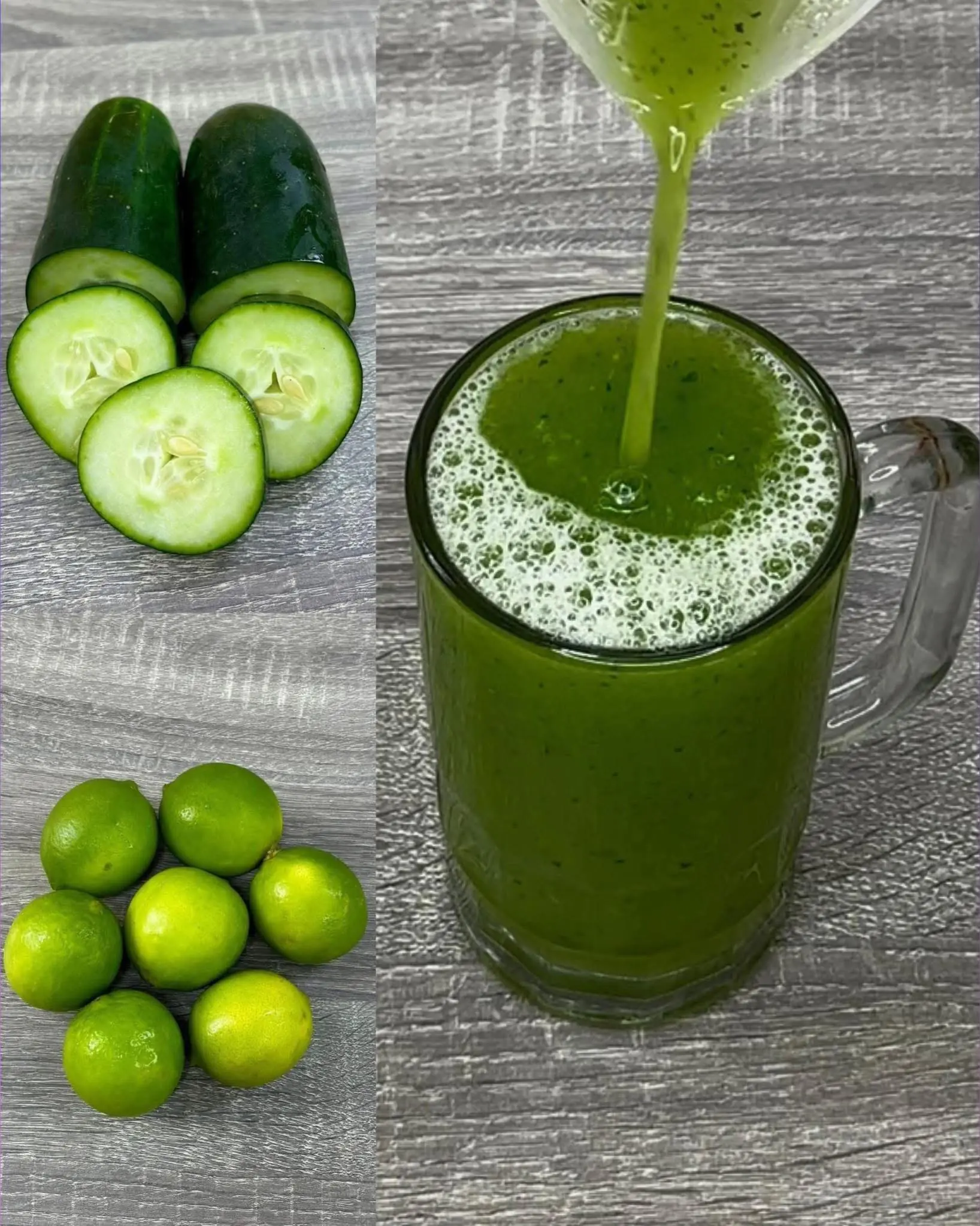
Eliminates Bloating, Clears Urinary Infection, and Cleanses Fatty Liver: A Detailed Guide to the Natural Remedy

Chanca Piedra (Phyllanthus niruri): A Comprehensive Overview

Drink Warm Water with Lemon 😱👇
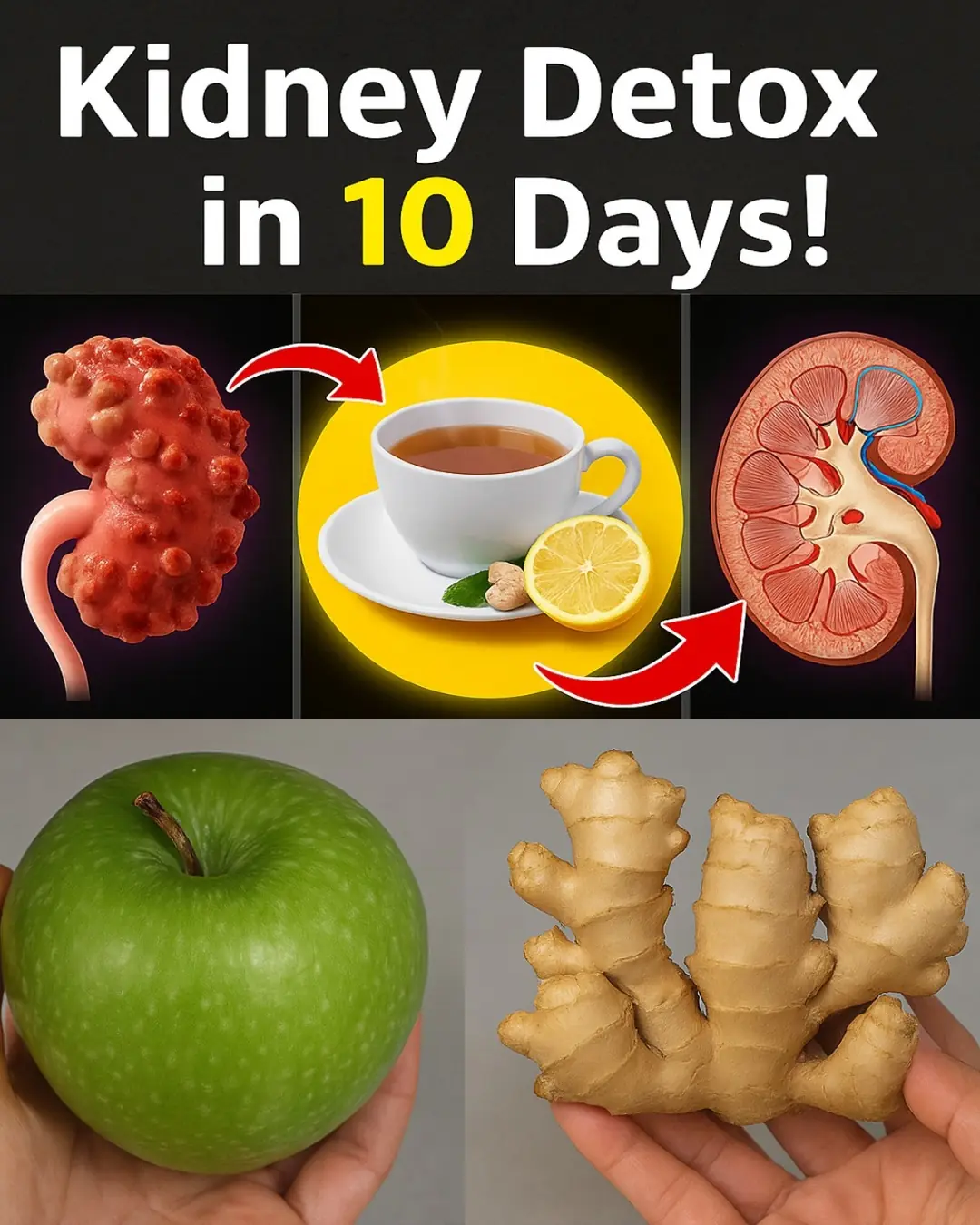
Revitalize Your Body in Just 7 Days: The Tangerine, Walnut & Ginger Detox Drink That Restores Energy and Vitality
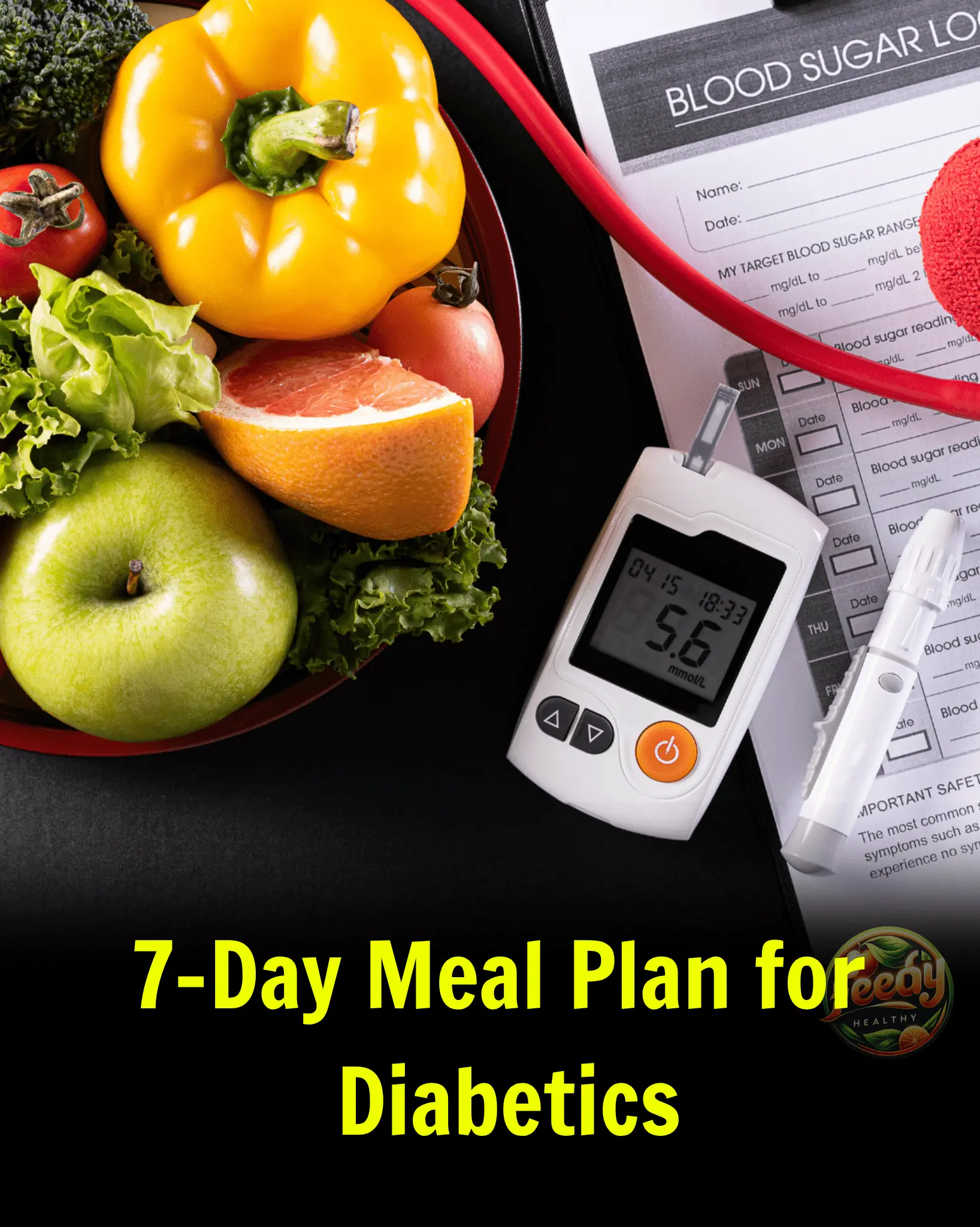
7-Day Meal Plan for Diabetics

6 Coffee Eye Masks to Get Rid of Dark Circles | Under Eye Wrinkles | Eye bags & Puffy Eyes

The first animal you spot in this visual reveals your ‘worst flaw’

3 Eye Symptoms That Signal Hidden Health Issues: High Cholesterol, Stroke, and Cancer

Hero Dad Leaps Off Disney Cruise Ship To Save Daughter Who Fell Overboard

Japan On Edge: Scientists Warn 82% Chance Of Megaquake That Could Kill 300,000
